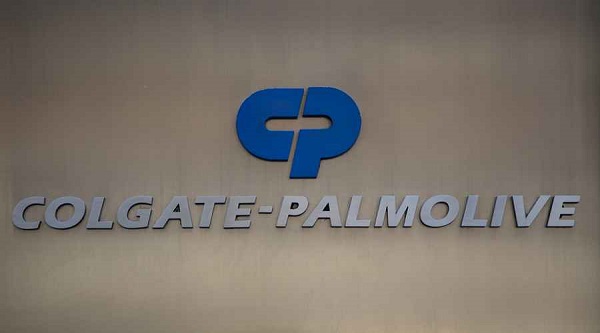In the ever-evolving world of corporate finance and investment, the recent move by Royal London Asset Management Ltd. (RLAM) to increase its stake in Colgate-Palmolive has garnered significant attention.
This strategic decision holds implications not only for the stakeholders of the consumer goods giant but also for the broader market.
Let’s delve into what this move signifies and why it matters.
Overview of Royal London Asset Management Ltd.
RLAM, one of the UK’s leading fund management firms, manages assets exceeding £150 billion, catering to a diverse clientele that includes individuals, pension funds, and institutional investors. Known for its emphasis on sustainable and value-driven investment, RLAM’s decisions often reflect long-term strategic thinking rather than short-term speculation.
Colgate-Palmolive: A Market Leader in Consumer Goods
Colgate-Palmolive is a global leader in consumer products, specializing in oral care, personal care, home care, and pet nutrition. With its household-name brands and a robust presence in over 200 countries, the company’s stable revenue streams and resilient business model make it a favorite among institutional investors.
Why RLAM’s Increased Stake Matters
1. Confidence in Colgate-Palmolive’s Resilience
RLAM’s decision to increase its stake reflects a vote of confidence in Colgate-Palmolive’s ability to navigate current economic challenges. With inflationary pressures and global supply chain issues impacting consumer goods companies, RLAM’s investment underscores Colgate-Palmolive’s perceived resilience and growth potential.
- Strong Brand Equity: Colgate-Palmolive’s trusted brand portfolio provides a competitive edge in retaining market share despite pricing pressures.
- Emerging Market Growth: The company’s expansion into emerging markets positions it to capitalize on rising consumer demand, particularly in oral care and hygiene products.
2. Focus on Sustainable Investments
RLAM is known for aligning its portfolio with Environmental, Social, and Governance (ESG) principles. Colgate-Palmolive has made strides in sustainability, from reducing plastic waste to committing to carbon neutrality by 2040. RLAM’s increased stake might signal its approval of these efforts, appealing to investors focused on ethical investing.
3. Strategic Positioning in a Defensive Sector
Consumer goods are considered a “defensive sector” because their products are necessities, not luxuries. RLAM’s move may indicate a strategic shift towards companies with stable returns to hedge against economic volatility.
4. Potential for Shareholder Returns
Colgate-Palmolive has a track record of returning value to shareholders through dividends and share buybacks. RLAM’s increased stake could also reflect expectations of continued robust shareholder returns.
Implications for the Market
For Colgate-Palmolive
- Enhanced Market Sentiment: Institutional backing by a prominent asset manager like RLAM can boost investor confidence and potentially drive up share prices.
- Focus on Long-Term Goals: Increased holdings by a long-term investor could push the company to maintain or accelerate initiatives in sustainability and innovation.
For Investors
- Signal of Stability: RLAM’s move may encourage other investors to view Colgate-Palmolive as a reliable option for long-term growth and income.
- Increased Competition: Other institutional investors might look to deepen their stakes in similar companies to diversify their portfolios.
For the Consumer Goods Industry
- Validation of Sector Strength: This investment highlights the enduring appeal of the consumer goods sector as a stable haven during market turbulence.
- Pressure on Competitors: Rival companies may face added pressure to match Colgate-Palmolive’s focus on innovation and sustainability to remain attractive to institutional investors.
Conclusion: Strategic Confidence and Market Implications
Royal London Asset Management Ltd.’s decision to increase its stake in Colgate-Palmolive is a testament to the latter’s resilience, strategic positioning, and commitment to sustainability.
For RLAM, this move aligns with its goals of long-term value creation and responsible investing. For Colgate-Palmolive, it signals continued confidence in its market leadership and growth potential.
In a broader context, this development reaffirms the appeal of defensive, high-quality companies amid economic uncertainties.
Investors and industry stakeholders alike should watch how this relationship unfolds, as it could set a precedent for similar investments in the consumer goods sector.
Also Read
S&P 500 and Nasdaq extend winning streak: Will the rally hold?
Apollo Global Management and Workday to Join S&P 500: What it means for investors and markets
